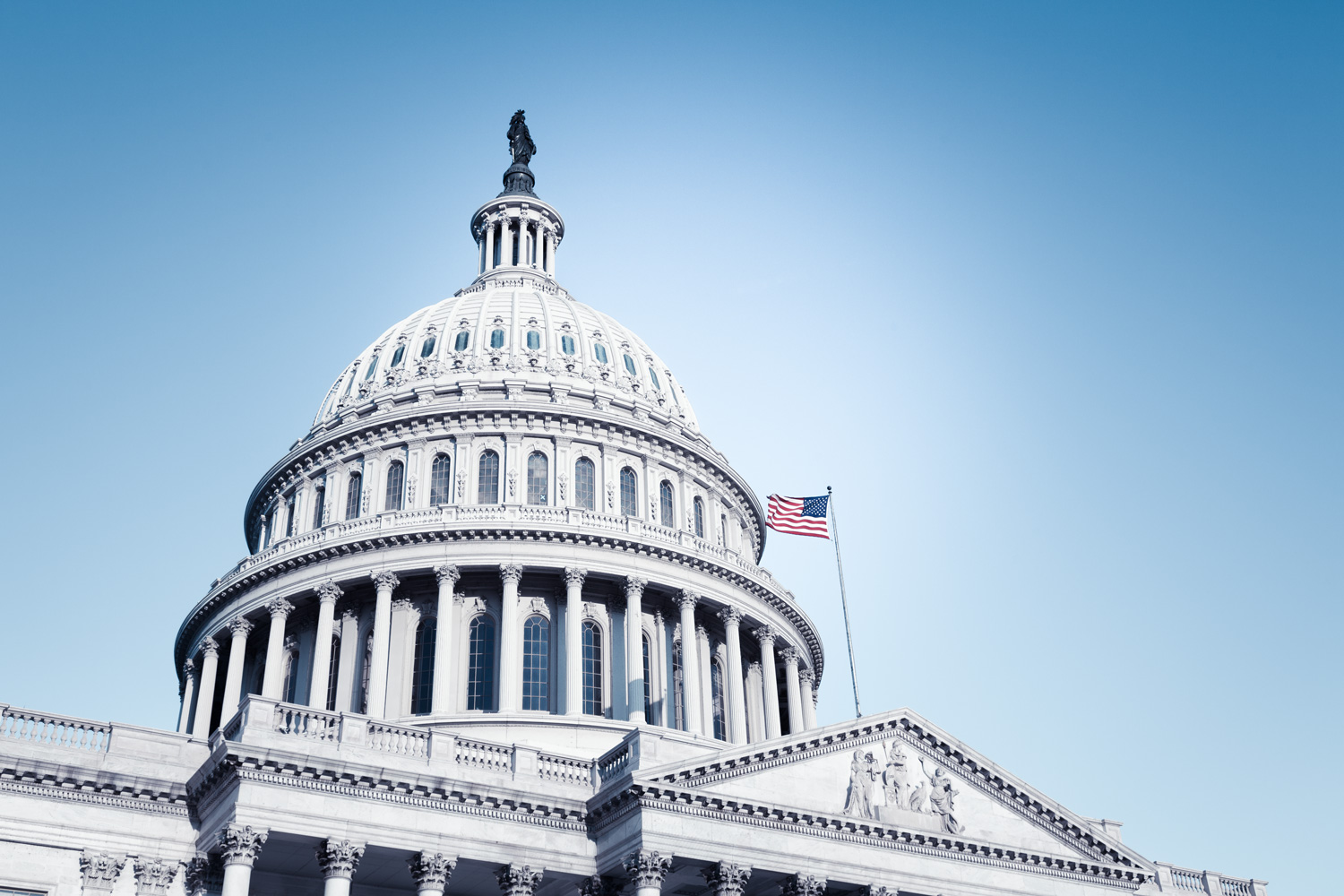On Capitol Hill: Adjusting to a Shifting Political Landscape
After an energetic start to President Donald Trump’s new administration and showing no signs of slowing down, the policy news cycle has been up-ended from the traditional 24 hours to by-the-minute updates as social media channels quickly become the media source of choice for many Americans. The president’s new cabinet is mostly in place, with more confirmations occurring as this column is written, and the Department of Government Efficiency is steadily reviewing federal spending at the behest of the president.
Change is never easy, and the federal government is going through unprecedented modification at a rapid pace in nearly every agency, bureau, department and service. As the NWTF strives to operate efficiently in our own organization, we also support efficient and productive operations in our federal partners. Over the next few months, as the agencies and we discern the long-term impacts of the changes to their workforce, operations and budgets, the NWTF will continue to support them and fill gaps as necessary to keep our mission focused and advancing.
The NWTF’s stewardship work will continue on our national forests as well as the great collaborative efforts in the Rocky Mountain Restoration Initiative and assisting with hazardous fuels removal and forest restoration to address wildfire risks in the West and other regions of the country.
As the nation’s natural resources and outdoor recreation are great unifiers even in the most divided political arenas, we are optimistic that the NWTF and our mission will thrive in this new administration as we did in the last administration. Keeping forests and habitats healthy, ensuring good science remains at the core of wildlife management, and protecting access for outdoor recreation, including hunting, are all in the interest of our public ownership of these great resources.
Policy and Legislation
Executive Order: Immediate Expansion of American Timber – Focuses on requiring the USDA Forest Service and U.S. Bureau of Land Management to work together to set multiyear timber harvest goals, eases environmental review requirements and mandates the use of existing authorities, where under certain circumstances and certain types of work, they eliminate the need for environmental reviews altogether. The NWTF supports increasing the pace of forest management work on public lands, including timber harvesting in many areas, to improve habitat health and wildfire risk while also enhancing and protecting access and respecting sensitive habitats and species where needed.
Legislation: The NWTF is currently monitoring more than 100 federal bills introduced since January, including dozens of bills relating to forest management, fighting wildfires and wildfire science and technology. Below are several key bills currently moving in Congress.
Fix Our Forests Act: First introduced in the last Congress by Rep. Bruce Westerman (RAR), chairman of the House Natural Resources Committee, he and Rep. Scott Peters (D-CA) reintroduced the bipartisan package this Congress aimed at increasing the pace and scale of forest restoration and hazardous fuels removal from fireprone forests across the country and to increase the use of technology and predictive mapping to help combat wildfires in the future. This bill also provides emergency authorities to federal agencies, supports wildland firefighters and aims to reduce the number of lawsuits filed by antilogging and environmental groups with a goal of preventing this critical forest work on federal lands. The Fix Our Forest Act passed the House and was recently discussed in a hearing in the Senate Energy and Natural Resources Committee. As of this writing, it has not had a vote.
VPA Improvement Act: Also introduced in the 118th Congress and reintroduced recently, the Voluntary Public Access Improvement Act helps states open private lands for public hunting access while providing incentives to private landowners to improve wildlife habitat on their lands. This bill was introduced in both chambers by a bipartisan group of legislators. It would provide expanded funding for the Voluntary Public Access – Habitat Incentive Program, which is in very high demand, especially in states where state and federal lands are limited and private lands are in abundance and create additional access for hunters to quality hunting lands.
Wildlife Movement Through Partnership Act: This also is a re-introduced bill that fell short of passing in the 118th Congress. Sponsored by Rep. Ryan Zinke (R-MT) and Rep. Don Boyer (D-VA), this bill seeks to establish the Wildlife Movement and Migration Corridor Programs, which will conserve, enhance and restore migration routes for big game animals. By securing and supporting these corridors, the bill will also benefit a wide range of wildlife including wild turkeys.
Public Lands in Public Hands Act: Introduced by Rep. Zinke and Rep. Gabe Vasquez (D-NM), this bill will secure federal lands for future generations of hunters, anglers and outdoor enthusiasts by restricting their sale or transfer. The bill requires Congressional approval for the disposal of publicly accessible federal land tracts larger than 300 acres, or over 5 acres if accessible by a public waterway. Its purpose is to ensure valuable recreational and natural lands remain in public ownership, preventing privatization while allowing limited exceptions for small or inaccessible parcels under specific conditions.
